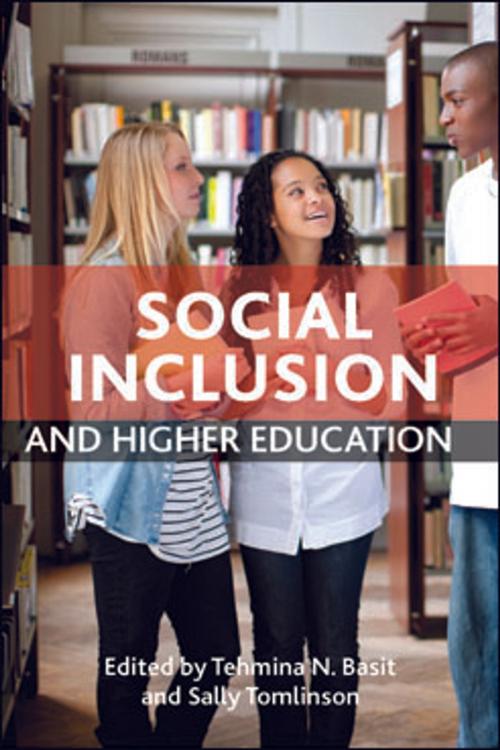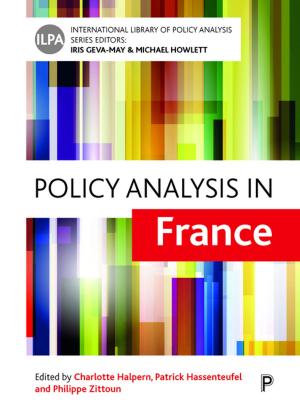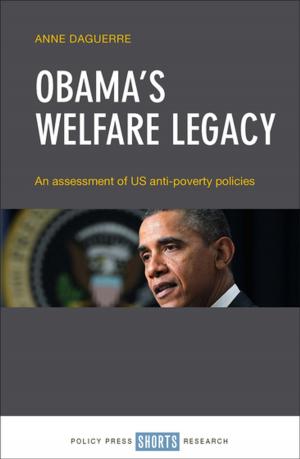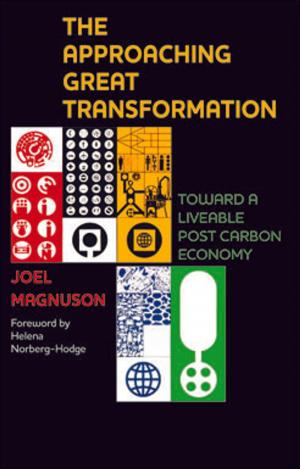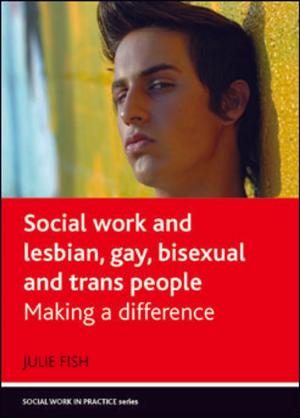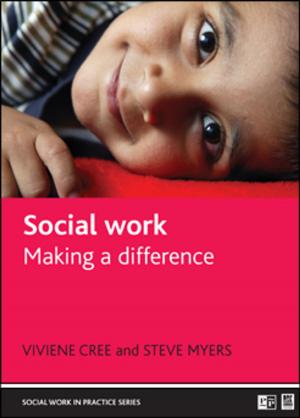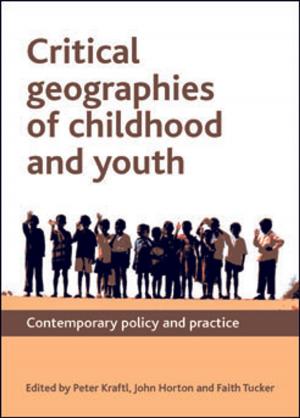Social Inclusion and Higher Education
Nonfiction, Reference & Language, Education & Teaching, Educational Theory, Educational Reform| Author: | ISBN: | 9781447321644 | |
| Publisher: | Policy Press | Publication: | April 9, 2014 |
| Imprint: | Policy Press | Language: | English |
| Author: | |
| ISBN: | 9781447321644 |
| Publisher: | Policy Press |
| Publication: | April 9, 2014 |
| Imprint: | Policy Press |
| Language: | English |
This book is about the experiences of students in institutions of higher education from 'non-traditional' backgrounds. The expansion of Higher Education world-wide shows no signs of slowing down and there is already a large literature on who has access to higher education and to qualifications that offer higher life-time incomes and status. However to date there has been minimal focus on what happens to the students once they are in the institutions and the inequalities that they face. This book aims to fill this gap in the literature. The chapters demonstrate that the students and their families are finding ways of acquiring forms of capital that encourage and sustain their participation in higher education. Contributions from the UK, the USA and Australia reveal that the issues surrounding the inclusion of 'non-traditional' students are broadly similar in different countries. It should be read by all those leading, managing, or teaching in, institutions of higher education and all students or intending students whatever their background.
This book is about the experiences of students in institutions of higher education from 'non-traditional' backgrounds. The expansion of Higher Education world-wide shows no signs of slowing down and there is already a large literature on who has access to higher education and to qualifications that offer higher life-time incomes and status. However to date there has been minimal focus on what happens to the students once they are in the institutions and the inequalities that they face. This book aims to fill this gap in the literature. The chapters demonstrate that the students and their families are finding ways of acquiring forms of capital that encourage and sustain their participation in higher education. Contributions from the UK, the USA and Australia reveal that the issues surrounding the inclusion of 'non-traditional' students are broadly similar in different countries. It should be read by all those leading, managing, or teaching in, institutions of higher education and all students or intending students whatever their background.
